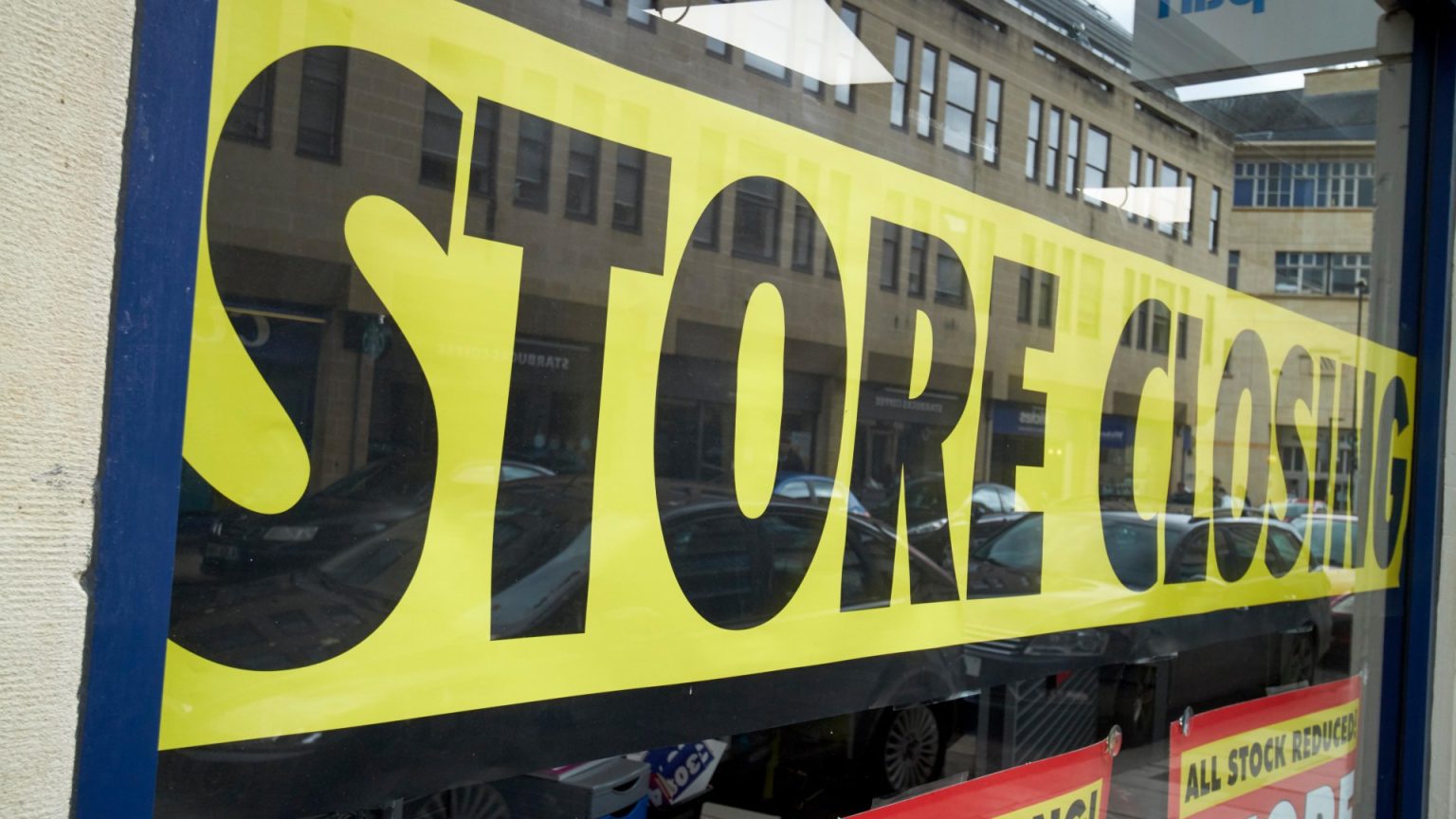The closure of the Next store in Huddersfield’s Kingsgate Centre marks another blow to the struggling British high street. The lease expiration in July will see the shuttering of this branch, one of approximately 500 Next operates across the UK. While staff have been informed, the news has been met with disappointment and concern from local residents, many of whom express worry about the dwindling retail options in Huddersfield and the impact on the town’s vibrancy. Social media comments reflect a sense of loss, with some lamenting the departure of a long-serving employee and others expressing broader concerns about the town’s economic decline. The closure underscores the broader challenges facing brick-and-mortar retail in the UK.
The closure of the Next store comes amidst a wave of retail closures impacting Huddersfield and the wider UK. The town has recently lost establishments like KFC, BrewDog, and Slug and Lettuce, further diminishing the available shopping and dining options. The recent administration filing by local brewery Magic Rock adds another layer of concern for the local economy. This string of closures paints a bleak picture for the town centre, with many residents expressing dismay at the dwindling options and fearing for the future of Huddersfield’s high street. The closure of Next is not an isolated incident but rather a symptom of a larger retail crisis affecting the entire country.
The retail sector in the UK is grappling with a confluence of challenges, including rising costs, changing consumer behaviour, and the lingering effects of the pandemic. The British Retail Consortium has projected a £2.3 billion cost to the sector due to the Treasury’s hike in employer National Insurance Contributions (NICs). Research indicates that over half of businesses anticipate raising prices in response to escalating operational costs, particularly the increasing cost of labour. This cost pressure, coupled with a predicted 17,350 retail site closures in 2025 by the Centre for Retail Research (CRR), signals a difficult period ahead for the industry. The situation is further compounded by the 13,000 shop closures in 2024, representing a significant increase from the previous year.
The CRR’s director, Professor Joshua Bamfield, warns of a bleak outlook for the retail sector in 2025, anticipating up to 202,000 job losses. He attributes this potential surge in unemployment to the combined impact of rising operational costs for businesses and increased household expenses for consumers. This dire prediction suggests that the job losses in the retail sector could even surpass those experienced during the height of the pandemic in 2020, highlighting the severity of the current crisis. The convergence of these economic pressures creates a challenging environment for both businesses and consumers, contributing to the ongoing decline of the high street.
Next itself is not immune to these broader economic pressures. The company is planning to introduce self-service checkout tills in an attempt to mitigate the impact of rising wage costs. Next’s chief executive, Lord Simon Wolfson, has attributed the need for a 1% price increase to the government’s budget, specifically citing increased national living wage, changes to employer NICs, and the general increase in NI contributions as contributing factors to a £73 million increase in the company’s annual wage bill. This cost-cutting measure underscores the challenges facing even large retailers like Next, forced to adapt to the changing economic landscape and find ways to absorb increasing operational costs. The broader context of rising costs across the retail sector underscores the pressures faced by businesses like Next and contributes to the overall decline of the high street.
The closure of the Next store in Huddersfield symbolizes a wider trend of declining high streets across the UK. Economic pressures, changing consumer habits, and rising operational costs are contributing to a challenging environment for retailers. The combination of store closures, job losses, and price increases paints a concerning picture for the future of traditional retail. While Next’s introduction of self-service checkouts is an attempt to adapt to these challenges, the broader economic context suggests a difficult road ahead for the sector. The situation in Huddersfield, with its string of recent closures, serves as a microcosm of the struggles facing high streets nationwide, underscoring the need for innovative solutions to revitalize these vital community hubs.




